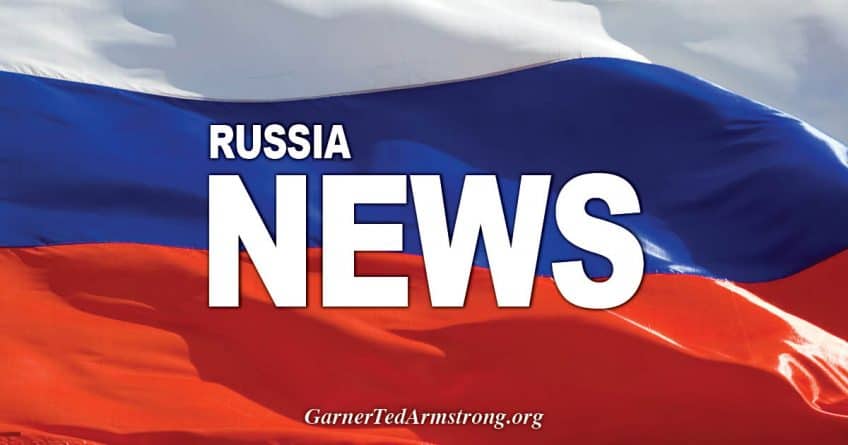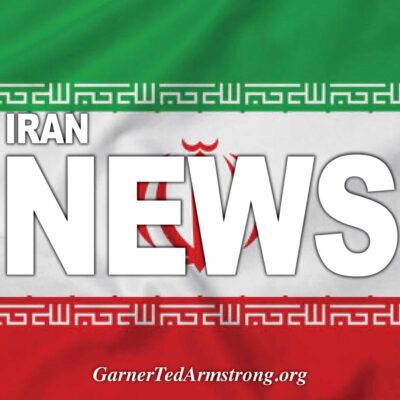Russia is threatening military intervention if Azerbaijan refuses to enjoin a lasting cease-fire in its ongoing conflict with Armenia. In a statement, the Russian foreign ministry warned that “Russia will render [Armenia] all necessary assistance if clashes take place directly on [its] territory.”
Centered on the disputed territory of Nagorno-Karabakh, the conflict has been raging since late September. Until now, however, Russia has played a passive role. Vladimir Putin’s government has sought to broker a durable ceasefire, even cooperating with the European Union and Washington in that pursuit. Unfortunately, none of these ceasefires has held for more than a few hours. Russia’s new announcement is designed to alter that equation, with particular focus on Turkey.
Motivated by a longstanding hatred for Armenia, and by a desire to advance an Islamist imperial leadership narrative, President Recep Tayyip Erdogan is fueling Azerbaijan’s military efforts. Since the fighting began, Erdogan has provided Azerbaijan with direct and indirect military support, including intelligence, drones, arms, and the deployment of Turkish-led militias. Where cease-fire talks have been underway, Erdogan has pressured Azerbaijan to continue fighting and increase pressure on Armenia. This has prevented the stabilization of conditions on the ground and led to growing civilian suffering.
This Turkish obstinacy has aggravated Putin. Russia has good relations with both Armenia and Azerbaijan and does not want an out of control war raging on its southern border. Making his displeasure clear, Putin last week had the Russian air force bomb a Turkish militia position in Syria. Dozens of fighters were killed. It was a message: keep up your conflict stoking, and I will make you pay for it. Moscow’s latest warning of military intervention in Armenia’s support is a follow-on red line to Erdogan. In effect, Putin is saying that unless Turkey backs off from fueling the conflict, Russia will pummel Erdogan into an embarrassing climb down. Putin is gambling, likely correctly based on prior experience, that Erdogan will take note of his anger and back down. When it comes to the crunch point, the Turkish leader has shown a reluctance to go eyeball-to-eyeball with the ex-KGB man.
It’s either Erdogan’s support for a serious ceasefire, or a localized conflict will take on a new international flavor. Considering that Turkey is a NATO member state (whether it should still be is another matter), let’s hope it’s the former.
[Disclaimer]










